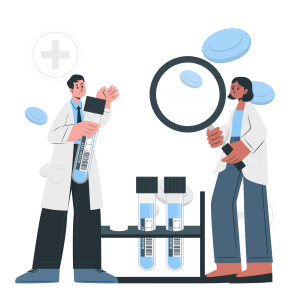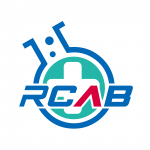Research Center for Animal Biologics
I. Project Overview
1.Cultivating Advanced Young Scholars and Enhancing Industry Contribution:
Foster advanced young talent with research capabilities to explore international markets, while nurturing their ability to contribute to and serve the related industries in the long term.
2.Technology Commercialization:
Register potential animal-related research formulations for product commercialization and collaborate with domestic and international industries to jointly develop target international markets.
3.Development of New Technology Products:
Collaborate with relevant teams both domestically and internationally to jointly develop innovative technologies.
4.Transforming Intellectual Property into Value:
Establish startups or integrate team elites into multinational enterprises to create added value.
5.Expanding International Markets and Exchanges:
In the second phase, expand the scope of target animals. In addition to the original focus on economic animals, include companion animal-related formulations in response to market trends. Broaden international market development and exchanges, covering Southeast Asia, the United States, Japan, South Korea, Austria, the Czech Republic, and other countries.

II. Achievements and Highlights

- A total of 14 young research scholars with international research experience have been recruited, along with 5 PhD students and 10 master’s students.
- Twenty key technologies have been secured through intellectual property filings. Industry-academia collaborations, both domestic and international, have reached a total funding amount of NT$17,501,710. This includes partnerships with international companies from the United States, France, and Spain, resulting in 15 cases contributing to high-value industrial development.
- Professor Hans Nauwynck from the Faculty of Veterinary Medicine at Ghent University, Belgium, and founder of the Provaxs Center, was invited to Taiwan to visit the center and engage in academic exchange. A forum was held where he delivered a keynote lecture. Following this, researchers were sent to Ghent University for training, and a biomaterial transfer agreement was signed, establishing bilateral collaboration.
- Collaboration meetings were held in South Korea with faculty members from departments related to veterinary science and biotechnology at Seowon University, Andong National University, and Chungbuk National University. Talent cultivation, joint research, and bilateral academic exchanges were carried out with the three universities, and an MOU was signed with Chungbuk National University this year.
- This year, the project principal investigator has also served as a veterinary health consultant for a startup company.

